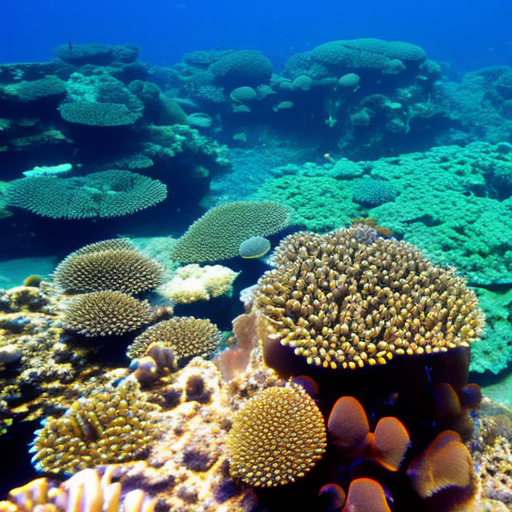Volcanology is the study of volcanoes, including their formation, eruption mechanisms, and impact on the environment.
Meteorology Explained
Meteorology is the study of the Earth’s atmosphere and weather patterns.
Paleoclimatology Explained
Paleoclimatology is the study of Earth’s past climates using geological and biological evidence.
Geology Explained
Geology is the study of the Earth’s structure, history, and processes, including rocks, minerals, and natural resources.
Graphene Explained
Graphene is a revolutionary material with exceptional properties that has the potential to revolutionize various industries.
Oceanography Explained
Oceanography is the study of the ocean and its various components, including its physical, chemical, and biological aspects.
Alloys Explained
Alloys are materials made by combining two or more metallic elements, resulting in enhanced properties and diverse applications in various industries.
Biomaterials Explained
Biomaterials are materials that are designed and engineered to interact with biological systems for various applications in medicine and technology.
Ceramics Explained
Ceramics is a branch of science and technology that focuses on the study and development of materials made from inorganic, non-metallic compounds, typically through the process of heating and cooling.
Metamaterials Explained
Metamaterials are artificially engineered materials with unique properties that can manipulate electromagnetic waves, sound waves, and other physical phenomena.
Semiconductors Explained
Semiconductors are materials with electrical conductivity between insulators and conductors, crucial for modern electronics and computing.
Composite Materials Explained
Composite materials are engineered materials made from two or more different materials, offering enhanced properties and performance.



















